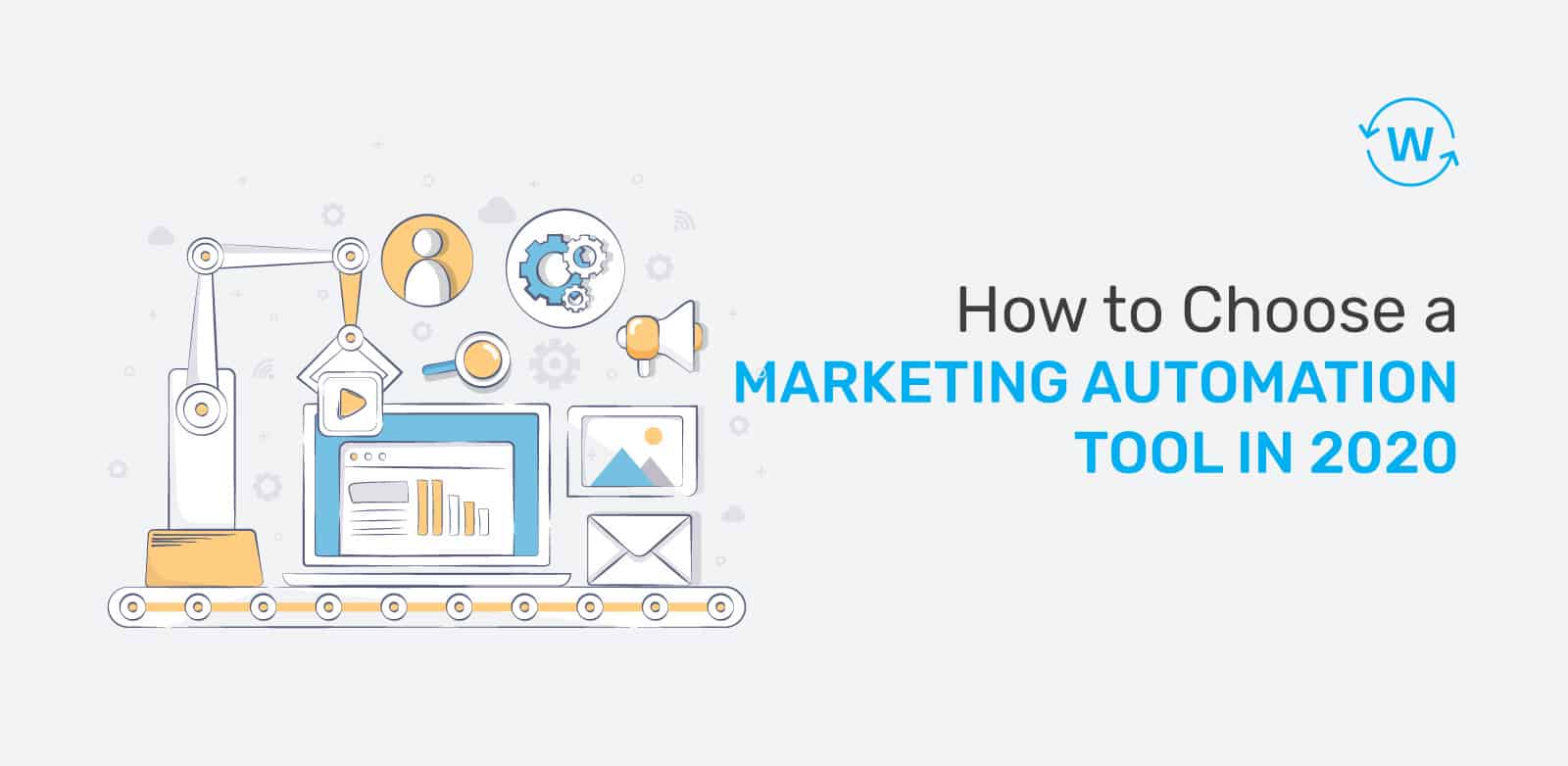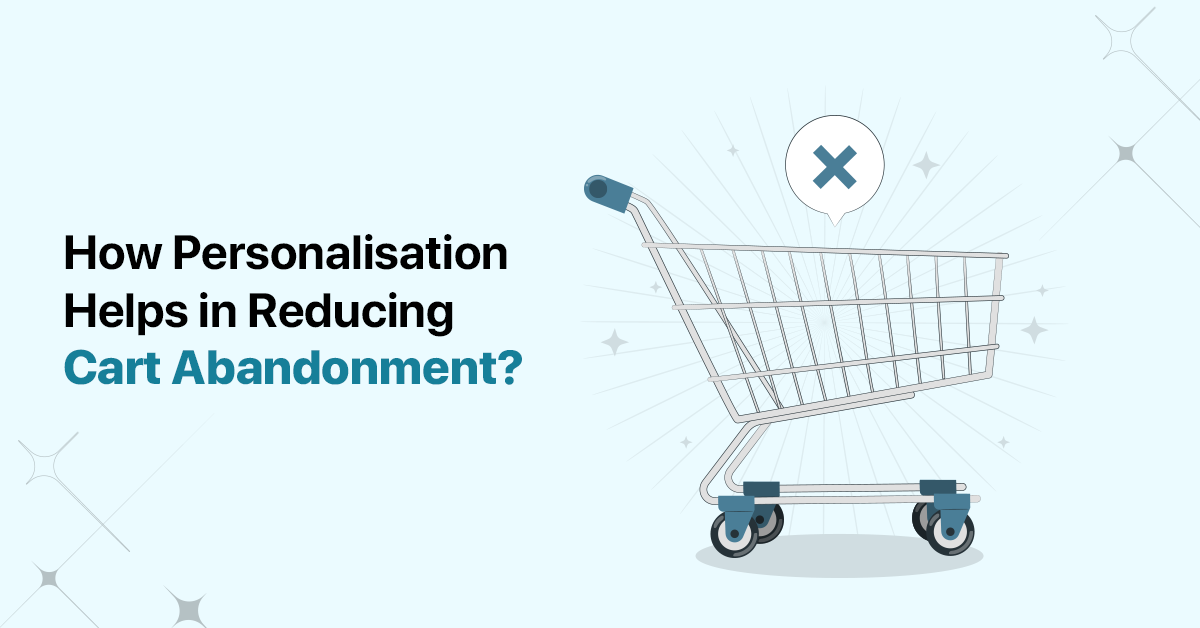To stay ahead or at par with your competitors in today’s ever-expanding B2B marketing scenario, embracing Marketing Automation as an essential tool is necessary because we all know that marketing automation is THE key!
Marketing Automation is a process where technology is used to automate various tasks that are undertaken on a daily basis for a marketing campaign. A tool that allows an individual to design, execute and automate a time-bound marketing workflow (that was once done manually) can be called a Marketing Automation platform.
When it comes to marketing automation tools, marketers might feel that plenty of choices makes them spend more time researching for the best fit. The top criteria of a marketing automation system for B2B marketers are price, product integration, and ease of use. However, more features don’t necessarily mean more business benefits.
I can understand it can be overwhelming and intimidating to choose the right tools as a newbie in the market but here are some smarts for you to consider before selecting any.
Factors to Be Considered:
1. Integrations
If your business is new in the market you tend to offer customers additional options, functionalities, and methods of communication. This is why you often see others emphasize on easy integration of marketing automation tools/software used by a company’s sales team.
When you are about to choose the most appropriate tool for your company, make sure the tool has API integration for the system that covers all the communication channels you’re currently using or even when you are considering any new ones. The ability to experiment will give you a competitive edge and give you an understanding of the new ways of enhancing sales and profits. But be ready that not all integrations are native between a particular CRM tool so you will have to find out from the provider which integrations their plans already include, which can be customized for you through technical support. Also, analyze the tools that are already being used in your company, internally and externally; Because all of the valuable tools you have in place now whether they’re webinar, social media, or customer relationship management (CRM) tools, they all may be negatively impacted if a new system doesn’t sync well with the existing.
2. Budget
Before you start comparing automation options you need to consider your monthly budget allowance for it. Using the right set of tools is important, however, what makes a good tool great is how well the marketer using it leverages it for his business. That’s why you need to carefully decide how much you want to spend on the software. How much can you realistically afford to spend on marketing automation? Keep in mind that the bigger your database, the more it will cost you. Take some time to do the necessary research on your top automation selections and see what each one has to offer. Remember that many leading vendors offer several see pricing plans, which can be especially useful for smaller businesses or those working with tight budgets. Once you have a comprehensive understanding of your budget, it’s time to visit your utilization of marketing automation tools.
The cost of the tools ranges from under $10 to over $2,000 per month depending on various factors such as – number of users, a number of contacts, integrations, and features. With the pool of options available, you should be able to find one that falls within your budget without sacrificing the pieces you need to automate your marketing.
3. Ease of Use
A marketing automation platform should provide ease of use to its customers and be less time-consuming. That’s the whole purpose of automation. Carry out research on how long it will take to sync a new system, and check out reviews or discussions of your trusted connections in the industry, who have implemented a similar system themselves. If possible, ask the providers for a 30-day trial; this will allow you to test usability and functionality and get a feel for what it would be like working with the system on a daily basis. This is also helpful for test-driving the company’s customer service; if they’re unresponsive, unhelpful, or just plain rude at this point in the game, you probably don’t want to be doing business with them. More specifically, observe what their phone- or online-support hours are like and whether they align with your own business hours or not. At the end of the day, it’s about the convenience of usage.
4. Know Your Business Model
Your business processes greatly impact your marketing automation needs. Ask yourself these your questions – Do you run a B2C or B2B business? Is your business software as a service (SaaS), a mobile app, eCommerce, marketplace, or a service? What does your selling process look like? do you rely on a product-led, self-serve onboarding or you have a traditional high-touch sales model? There isn’t a single perfect solution that caters to all types of business needs. By self-evaluating your business model, your acquisition processes, and your customer persona, you can make wise decisions when selecting your marketing automation tools.
Also, before you can look at specific platforms, you need to understand how many people will need to use the tool and how many contacts you expect to have in the coming year. These numbers factors affect the costing decisions and functionality of many platforms. While most tools provide the same basic features, each one has its own unique value proposition. Would you like real-time lead alerts? Do you want a platform that offers marketing resources targeted to your business’ size? Use your marketing automation research and knowledge of your current systems to answer these questions. An ideal way is to create a spreadsheet with this information, so you can record which marketing automation platforms fulfill your requests and then finalize on one.
5. Read Reviews
Reviews can reveal features, benefits, and downfalls of each marketing automation tool that may not be clear on the product website. Every company tends to only highlight its pros, but in order to uncover its cons, you’ll need to dig a little deeper. Pay close attention to businesses similar to yours. What tools are working for them? Yes I know, one size doesn’t fit all but gaining knowledge about what features works for them and what doesn’t can help you a lot. There’s a strong probability that what’s working for them will work for you. The most highly rated or well-known tool isn’t always the best tool for your team, so don’t simply focus on the number of stars or quantity of positive reviews.
6. Online Demo
I’ve time and again repeated myself that every marketing automation platform will have a different experience for different users. Even if your software list is all ticked for the features you’re looking for, it will not enhance your marketing unless you get a hold of it. Many marketing automation companies offer a free online demo to take you through their unique interface and their features. Take these on each of the platforms you have shortlisted. Hopefully, this will allow you to narrow your list down to one or two. Then you can complete a free trial, which often lasts a couple of weeks or one month, to determine if each tool lives up to your expectations. During these trials. You also want to make sure your team will quickly learn and understand how to use your new marketing automation software.
7. Social Media Capability
Social media is an essential aspect of eCommerce marketing. Your customers spend a great deal of time on social platforms like Facebook, Instagram, LinkedIn, WhatsApp and Twitter. Hence it is important for your marketing automation software tools at the very least, to let you check on the social media campaigns you are running. As a preferred feature, the software should be able to provide you with ways to analyze data on customers’ social media activity so you can tailor your content accordingly in order to how out to them and thus grow your following on these channels.
Ideally, it should let you run and monitor campaigns simultaneously on different platforms too. This ranges from allowing you to schedule and send your posts to sharing or commenting on them, no matter what platform they are on.
Some of the benefits of marketing automation software
Reduced staffing and acquisition costs

Marketing automation software optimizes the traditional workflow and time consuming manual report generation. By dealing with them in a fraction of the time, it reduces the company’s labor costs and leaves its marketing team more focused on campaign ideation.
Improved Oversight

Marketing automation software makes it easier to keep track of different stages of the development of a campaign set in motion. This leads to improved efficiency in detecting and resolving leaks or bottlenecks wherever they pop up.
Reliability
By automating marketing processes, businesses can virtually eliminate human error which, in the past, was responsible for slowing or completely derailing even the most carefully thought out marketing campaigns.
Content

This includes segmentation and personalization of campaigns through customized and non-repetitive content, giving each customer the feeling that you are focused on their individual needs.
Some other important benefits of marketing automation software are better ROI through increased revenue and average order size, saves time, increases in qualified leads generated by the marketing campaigns, and many more.
Marketing Automation Tools to Explore
1. Wigzo
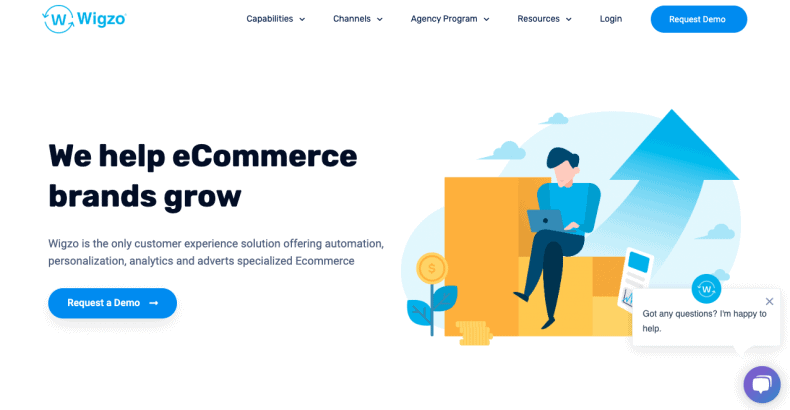
Wigzo is the AI marketing cloud for eCommerce offering an omnichannel experience. Wigzo is the only customer experience solution offering automation, personalization, analytics, and adverts specialized eCommerce.
2. Buffer
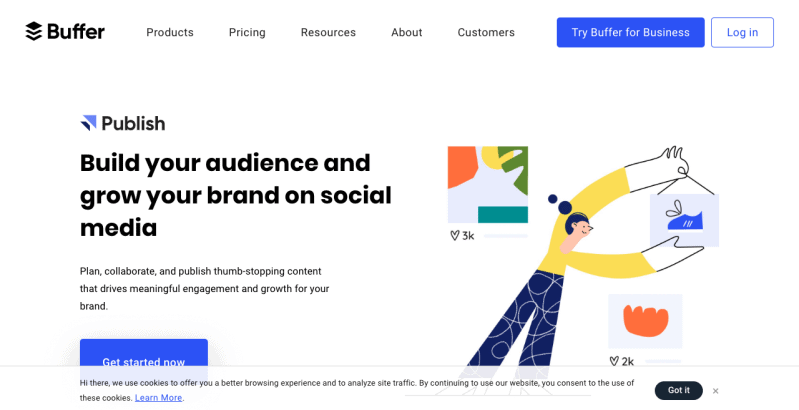
Buffer is a user-friendly, streamlined social media management platform trusted by small and medium businesses, agencies, and individuals to help drive meaningful engagement and results on social media. With Buffer, you can schedule, publish, and collaborate on social media posts. They also offer analytics to help you track your social media efforts.
3. Ahrefs
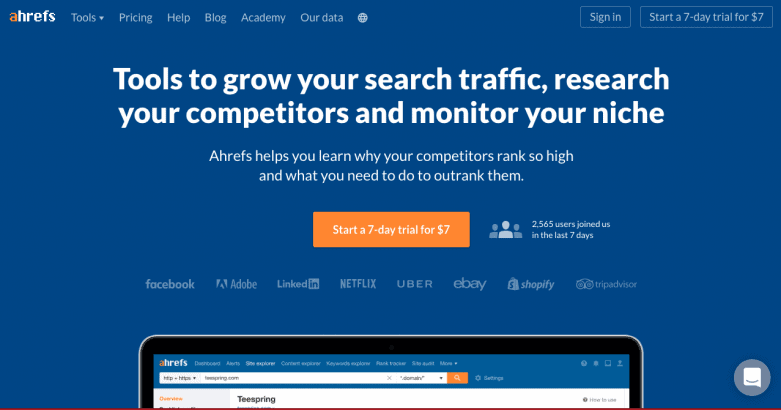
Ahrefs is a suite of SEO tools and resources to grow the search traffic. It can help you in almost every aspect of growing your organic traffic from Google including competitor research (unveil your competitor’s keywords and backlinks), link building, keyword research, rank tracking, and content discovery.
4. Klaviyo

Klaviyo is an email marketing and marketing automation tool that makes personalized B2C eCommerce marketing a breeze through data-driven decision making. marketing campaigns leverage your real-time customer data: purchases, orders, customer interactions, and so on to enable hyper-personalization in your email communication and other marketing channels.
Conclusion
Now, no marketing automation software is evergreen. But with the rigorous approach towards researching the right tool, you will be able to automate the processes of your business without any failure or much disappointment. Make sure you keep in mind the above-listed factors before you go ahead and decide the best tool for yourself.

